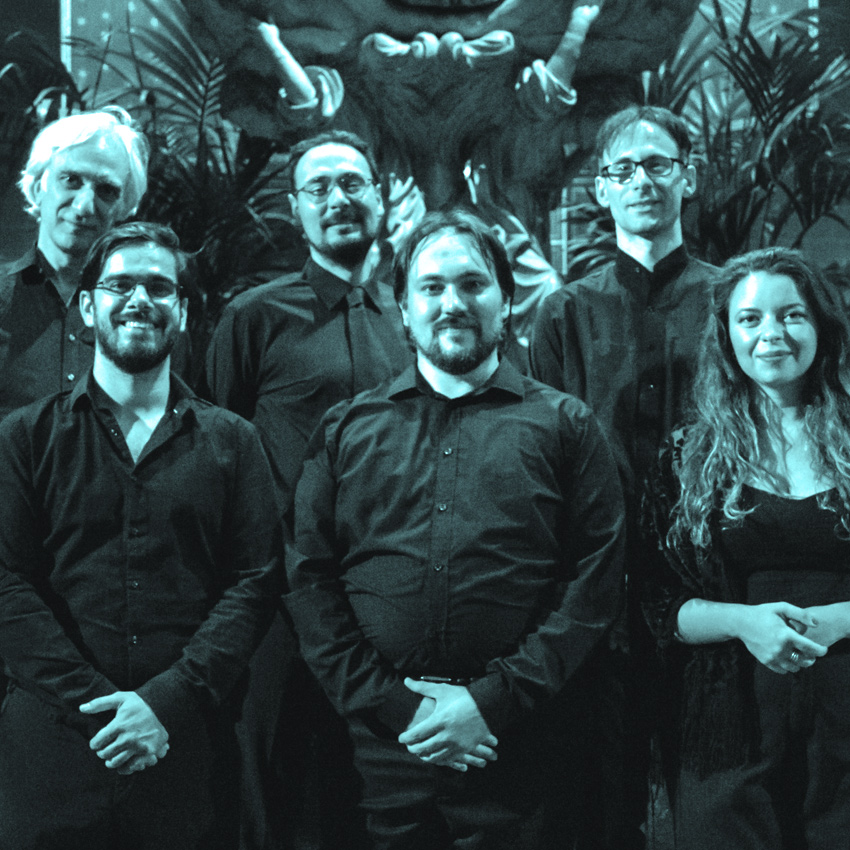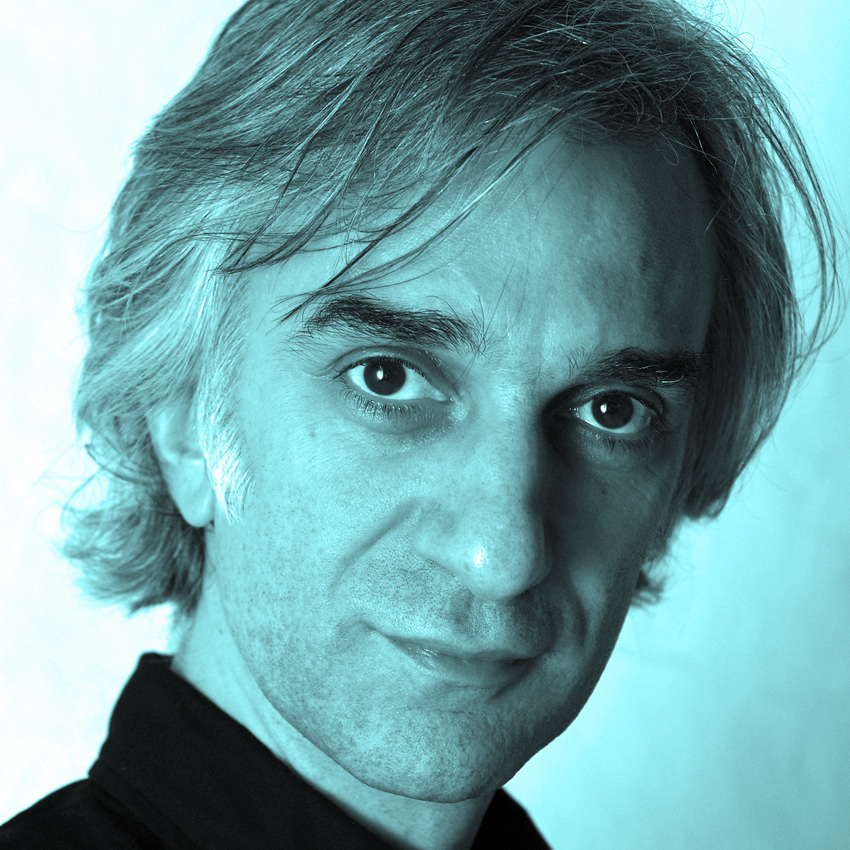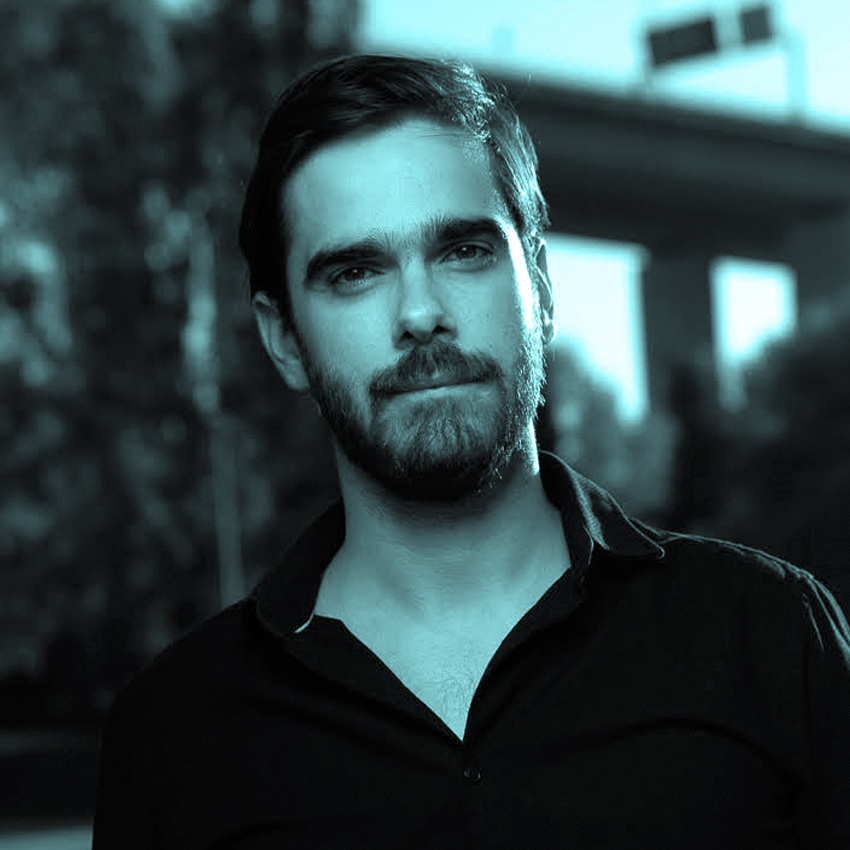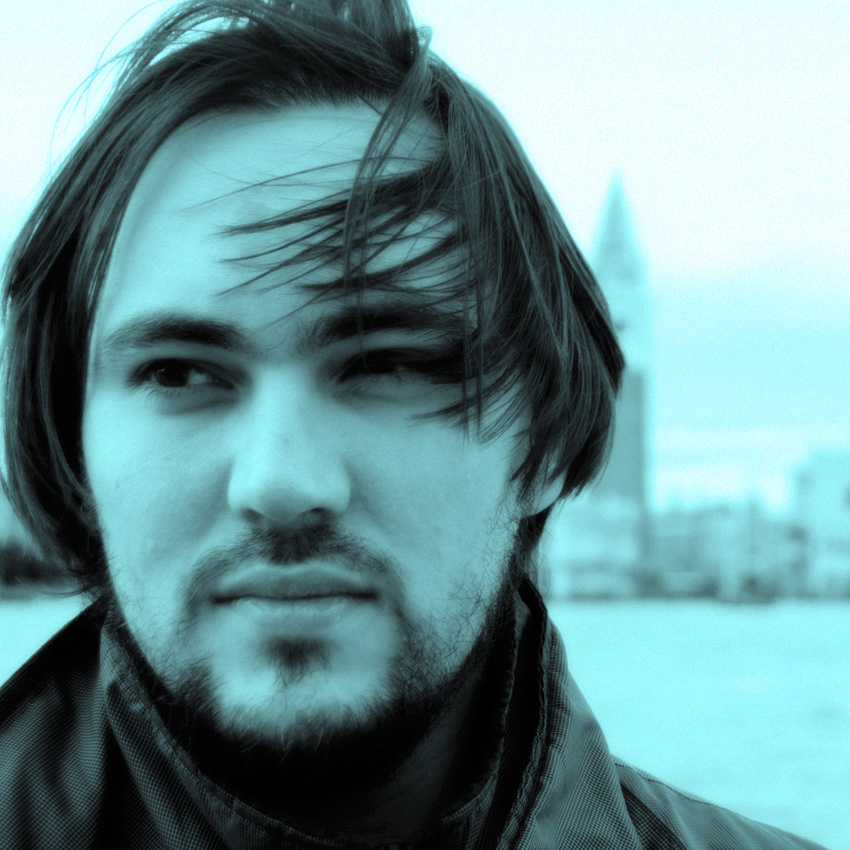![]() Saturday, October 15, 9:30 p.m.;
Saturday, October 15, 9:30 p.m.;
Funchal, Sé;
Flores de Música (1620) – Music in the time of Manuel Rodrigues Coelho
With more than five hundred pages, Flores de musica, by the Portuguese Manuel Rodrigues Coelho is one of the largest keyboard scores printed in the seventeenth century. Coelho's liturgical works are performed in this concert in a recreation of the liturgy of the Assumption of the Blessed Virgin Mary, such as it would be performed in Portugal in the early 1600s. The organ works are presented side by side with plain chant and polyphonic works of some of the most prominent Iberian composers of his time.
ANTÓNIO CARREIRA (c.1530-c.1594)
Fantasia sexti toni
(Biblioteca Geral da Universidade de Coimbra, MM 242)
ANNONYM (c.1580)
Deus in adiutorium [a 4]
(Biblioteca Geral da Universidade de Coimbra, MM 44, c.1580)
PLAINCHANT
Antiphon «Assumpta est Maria»
(Arquivo da Sé de Braga, Ms 28, c.1500-1525)
FABORDÓN DEL SÉPTIMO TONO
Psalm «Dixit Dominus»
alternated with
MANUEL RODRIGUES COELHO
Versos do 7º tom
(Flores de música, 1620)
ANTÓNIO DE RIBERA (fl.1520-1527)
Motet in loco antiphona: «Ave Maria»
(Biblioteca Nacional de Portugal, CIC 60, c. 1570)
PLAINCHANT
Antiphon «Pulchra es et decora»
(Arquivo da Sé de Braga, Ms28, c.1500-1525)
FABORDÓN DEL PRIMER TONO
Psalm «Lauda Jerusalem»
alternated with
MANUEL RODRIGUES COELHO
Versos do 1º tom
(Flores de música, 1620)
ANÓNIMO
Motet in loco antiphona: «Hodie Beata Virgo Maria»
(Biblioteca Geral da Universidade de Coimbra, MM32, c.1540-1555)
ANÓNIMO (c.1575-d.1630)
Ave Maris Stella [a 4]
(Arquivo Distrital de Viseu, Vesperal de 1627)
alternated with
MANUEL RODRIGUES COELHO
Ave maris stella sobre o cantochão
(Flores de música, 1620)
CANTOCHÃO
Antiphon «Hodie Maria Virgo»
(Arquivo da Sé de Braga, Ms28, c.1500-1525)
MANUEL RODRIGUES COELHO
Versos do 8º tom para se cantarem ao órgão
(Flores de música, 1620)
alternated with Magnificat (plainchant)
PEDRO DE CRISTO (c.1545-1618)
Motet in loco antiphona: «Ave Maria» – [a 8]
(Biblioteca Geral da Universidade de Coimbra, MM18, c.1610-1620)
João Vaz, organ
André Ferreira, choir organ
ARS LUSITANA
Maria Bayley, tiple
Isaac Alonso de Molina, alto, direction
Marcello Mazzetti, tenor
David Alonso Molina, bass
João Vaz Born in Lisbon, João Vaz graduated in organ from the Escola Superior de Música de Lisboa, studying with Antoine Sibertin-Blanc, and from the Conservatorio Superior de Música de Aragón, in Zaragoza, where he studied with José Luis González Uriol, on a scholarship from the Gulbenkian Foundation. He holds a doctorate in Music and Musicology from the University of Évora, where his thesis, on Portuguese organ music from the end of the Ancien Régime was supervised by Rui Vieira Nery. He has been extremely active internationally, as a performer, musicologist, teacher on organ courses, and as a jury member in organ competitions. He has made more than ten solo recordings, significant among them those made on Portuguese historic organs. He currently teaches organ at the Escola Superior de Música de Lisboa. He is artistic director of the Madeira Organ Festival, the Mafra International Organ Festival and of the concert series featuring the six organs of the Basilica of the National Palace of Mafra (for the restoration of which he was a permanent consultant) and of the historical organ of the Church of São Vicente de Fora in Lisbon, of which he became titular organist in 1997. In 2017 he was awarded the Medal of Honour of the Municipality of Mafra.
|
André Ferreira André Ferreira graduated in organ from the Royal Conservatory of Amsterdam, where he studied with Jacques van Oortmerssen, and also Pieter van Dijk. He took his masters in organ at the Escola Superior de Música de Lisboa (ESML) under the supervision of João Vaz. He is presently a doctorate student in Musicology at the NOova University in Lisbon. He began his organ studies with António Esteireiro at the Instituto Gregoriano de Lisboa, continuing thereafter with Jos van der Kooy at the Conservatory of The Hague. His interest in early music led him to study the baroque oboe, with Maria Petrescu, and he is currently a bachelors student on the course run by Pedro Castro at ESML. As both soloist and member of various ensembles, he has already given recitals in Portugal, Spain, Italy and the Netherlands. As an organist he collaborates with the Parish of São Tomás de Aquino and the Parish of Santa Maria de Belém (Monastery of Jerónimos) in Lisbon. During the academic year 2016-17 he taught at the Regional Conservatoire of Ponta Delgada, in the Azores. He teaches organ at Conservatório de Música de Mafra. He graduated in applied mathematics and computing at the Instituto Superior Técnico (Lisbon).
|

Ensemble Ars Lusitana Ars Lusitana is an early music ensemble with a variable number of members, dedicated to the performance of Portuguese music from the late Middle Ages to the early Baroque. Founded in 2011 by Maria Bayley, the ensemble proposes a direct dialog with the sources: the initial research aiming to discover previously unknown or neglected music, is later brought to light by presenting it in concert side to side with its contemporary European repertories, reading from the original sources whenever possible and applying historical pedagogical methods to the learning process. Ars Lusitana has performed in festivals several countries, such as the Musica Antica da Camera cycle (Voorschoten, The Netherlands), the Early Music Series of the Cathedral of Valencia (Spain) the series “Art et Léonard” (Basel) and the festival “Sons Antigos a Sul” in Lagos (Portugal), among others. It has presented different programs, making its debut with Tomás Luis de Victoria (c.1548-1611) six-part Office for the Dead on the 400th anniversary of his death, and contrasting it with "da camera" programs, including madrigals and intabulations of Portuguese, Spanish and Italian origin. The ensemble also aims to develop pedagogical activities, having organized two Renaissance music workshops in Portugal (Lisbon and Lagos) – one on the Missa Sine Nomine by Pedro de Escobar (c.1465-d.1535), and other on a Requiem Mass by the same composer.
|
Isaac Alonso de Molina Isaac Alonso de Molina teaches at the Royal Conservatory of The Hague (giving lessons on practical subjects at the keyboard and voice, which belong to the core curriculum of the early music bachelor and master degrees, and range from the Late Middle Ages to the Baroque), and is founder and director of the ensemble La Academia de los Nocturnos (focused on Spanish Renaissance and Baroque music). After a wide-ranging classical music education, graduating from the Conservatory of Valencia in 2001/2002 in four majors (piano, cello, chamber music and music theory), he moved to The Hague to study Early Music in 2007. Isaac graduated in harpsichord with Jacques Ogg and obtained the degree of Master of Music, specializing in historical conducting techniques (maestro di cappella / maestro al cembalo) under the guidance of teachers such as Peter van Heyghen, Fabio Bonizzoni and Ton Koopman. He often collaborates with ensembles such as Cantores Sancti Gregorii, La Danserye and Ars Lusitana. Presently, he’s developing historically inspired teaching methods and learning strategies to allow students to acquire a similar set of skills to that expected from musicians in the past. He teaches at the Urbino Early Music Course since 2019, and at the Early Music Courses in Pastrana organized by the Academy of Spanish Polyphony since 2018. |



